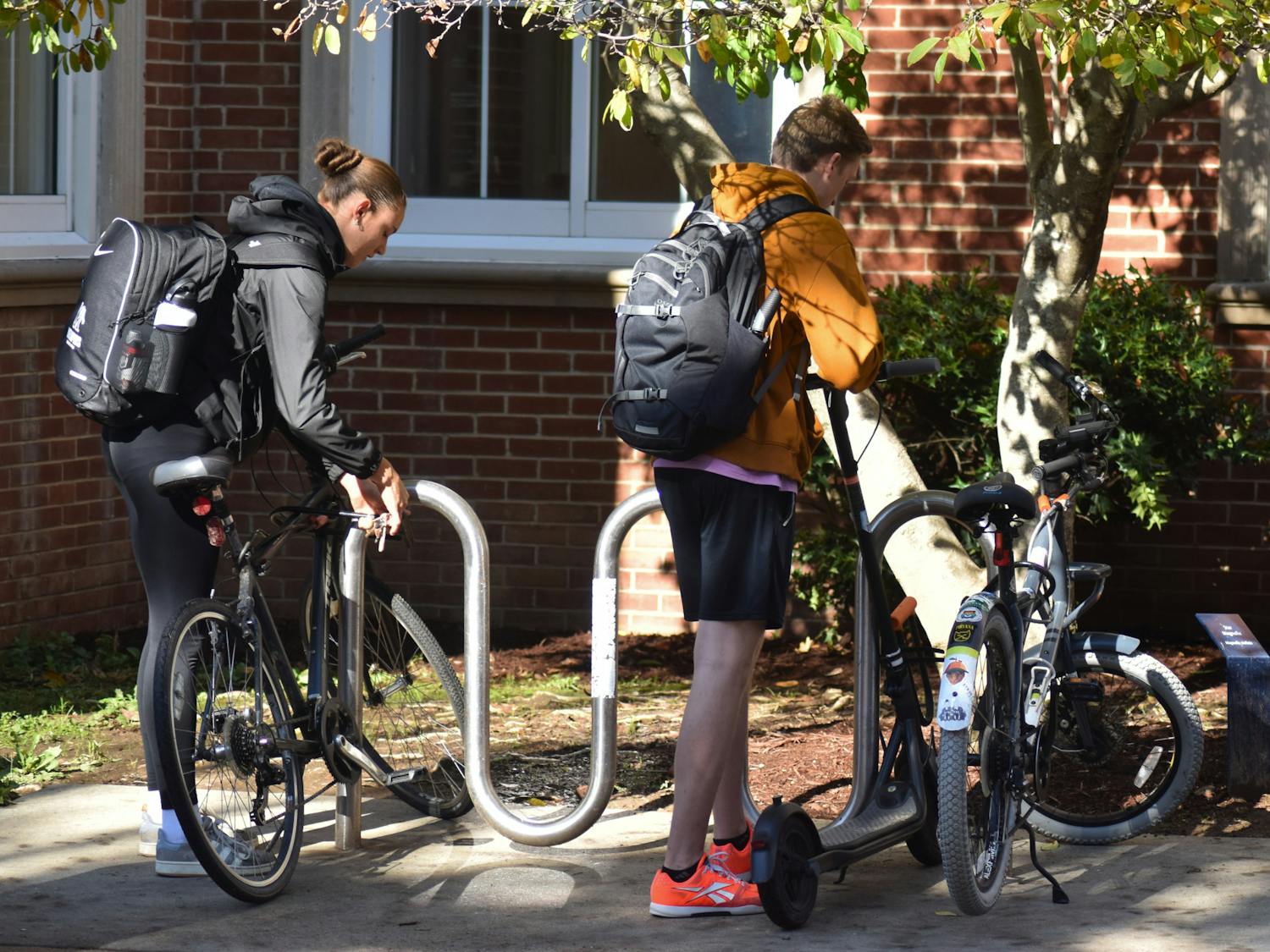The University of Memphis received a $3.4 million grant from the National Science Foundation (NSF) last Thursday to train individuals in the field of data science and fund research into programs that make data science easy for the public to use.
During the past 10 years, there has been a rise in a field combining the skills of computer science, software design and statistics known as data science. Andrew Olney, a principle investigator and psychology professor at the UofM, said what data science is can vary from person to person.
“Data science is different depending on who you ask,” Olney said. “Many people will say that it is not new, but the modern idea of data science has been around for about 10 years and revolves around the availability of really large data sets.”
The proposal for the grant was led by Olney, with help from Vasile Rus, Scott Fleming, Dale Bowman and Andrew Tawfik. Together, they drafted the proposal for the grant that would ultimately be awarded to the UofM.
Olney said demand for data science professionals is at an all-time high. The growth of data science, as its own field of study, can largely be attributed to the massive accumulations of data that occur daily as well as increasing access to this data.
“We haven't had any of these tools until now and that’s why so many people are interested in it,” Olney said. “It’s on track to surpass the demand for software developers. It’s almost like data is the new software.”
This growth is where the need for better training in the field becomes necessary.
“The problem is that we know how to train people to be software developers, statisticians and all of the individual components of data science,” Olney said. “But now we need to learn how to combine all of these into one program. We need to learn how to cross train and integrate these things.”
The course under development will be open to the public and allow participants to work at their own pace, spending about 30 hours a week on the course for about 25 weeks.
“The goal is to make them operational in computer science data, without making them learn everything there is to know about computer science,” Olney said. “The funding goes towards teaching people the simple programs, as well as a bit about statistics, so that they will be functional and able to use this type of data.”
The grant will also be used to research programs that allow people without software development and computer science experience to access and process data easily.
“Some of the money will go towards courses, but some of it goes towards new programs that allow people to learn and access data science without having to learn how to code,” Olney said. “We are reaching out to people who might need to access data science on the job, but they have no prior background in computer science.”
Along with the research into software that simplifies data science, a study will be conducted to provide insight into how people at multiple stages of development learn.
“We will use a cross-sectional design to take different groups of people who are at different stages of learning; such as freshmen, STEM majors, graduate students, industry professionals and even track a small group of people over time,” Olney said. “I think what we will find is that freshmen will like the simple programs and graduate level students might not need them.”
The program will have about five years to develop the classes and complete these research projects.





